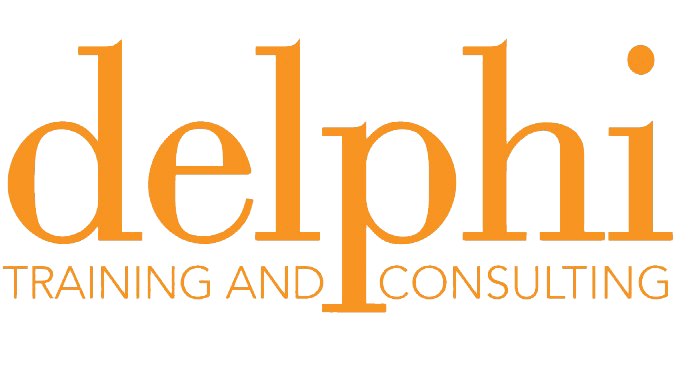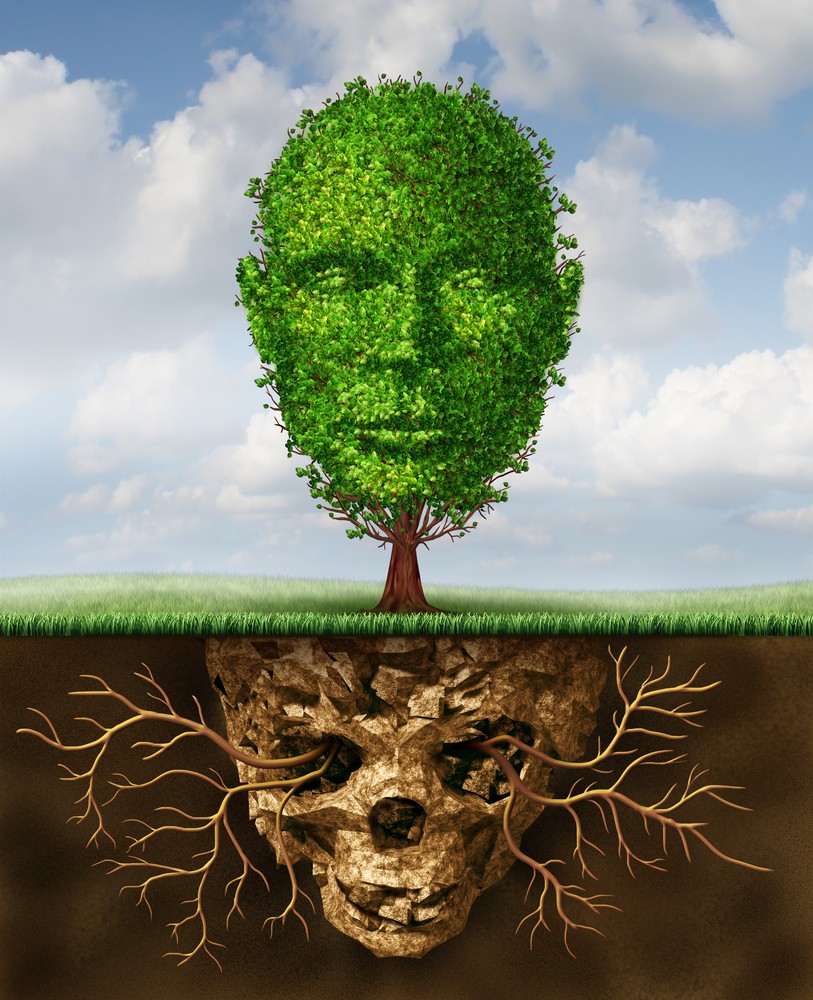
What did the defenses of Ted Bundy, O.J. Simpson, Michael Jackson, Phil Spectre, Bill Crosby, Harvey Weinstein and Ghislaine Maxwell have in common? Each of these sickening cases used the misnomer, ‘False Memory Syndrome’ (FMS) as a strategy to discredit their accusers. The other common factor in these cases is calling Professor Elizabeth Loftus as an expert witness on memory.

It was 10.00pm on 30 October 2002. I was sitting in my car at traffic lights on the crossroads of North Road and Nepean Highway. Out of the corner of my eye, I saw two figures step off the pavement. I didn’t pay attention as it appeared they were crossing the road behind me. Suddenly, the front and back passenger doors were yanked open.

The final of the memory trilogy explores complexities in navigating historical memories of child sexual abuse in psychotherapy with adult victim-survivors.
In the five years since the #MeToo and #TimesUp movements, a chorus of victim’s voices has broken the silence and cover-ups surrounding sexual harassment and assault. The alleged perpetrators were predominantly but not only men, typically in positions of power over the victim’s employment and career. Many of the accused claimed allegations were false and that their careers and reputations have been ruined unjustly.

“Is your foot sore?”, I innocently asked. Part way through a session I noticed my client pressing her foot into the floor. Her face froze. She looked like the proverbial deer caught in the headlights. Her expression was a combination of shock (at my noticing) and shame (for something of which I had no idea). I was perplexed by her reaction. I sat quietly and waited. After a few seconds she replied, “No. I have a thumb-tack in my shoe and I’m pressing my foot down on it.”
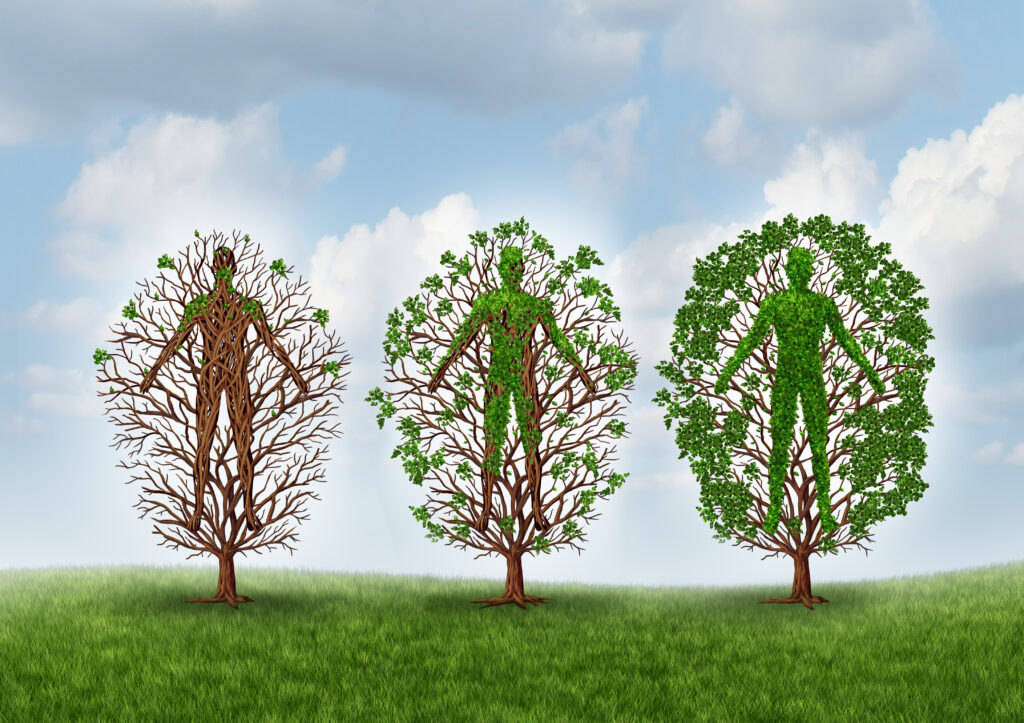
“The expectation that we can be immersed in suffering and loss daily but not be touched by it is as unrealistic as expecting to be able to walk through water without getting wet” Rachel Naomi Ramen.
Mental and allied health professionals, lawyers, the judiciary, and corrective services staff intersect the lives of others at critical and often traumatic junctures. These professions are frequently indirectly exposed to trauma through listening to accounts of traumatic events, exposure to distressing images, reading police, psychological and medical reports and victim impact statements.
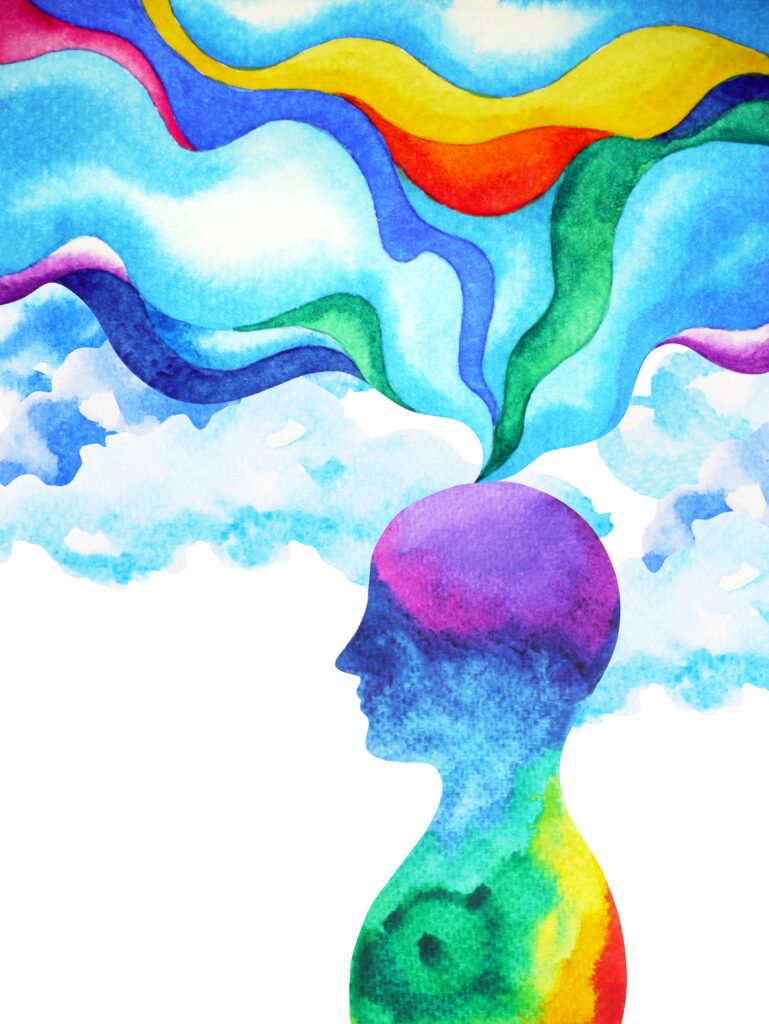
On 3 February 2023, the Therapeutic Goods Administration (TGA) announced approval of the psychedelic substances in magic mushrooms and MDMA for use by people with certain mental health conditions, specifically PTSD and treatment resistant depression. This makes Australia the first country in the world to recognise psychedelics as medicines. In this interview, I explore the current psychedelic research in Australia with Martin Williams, PhD.
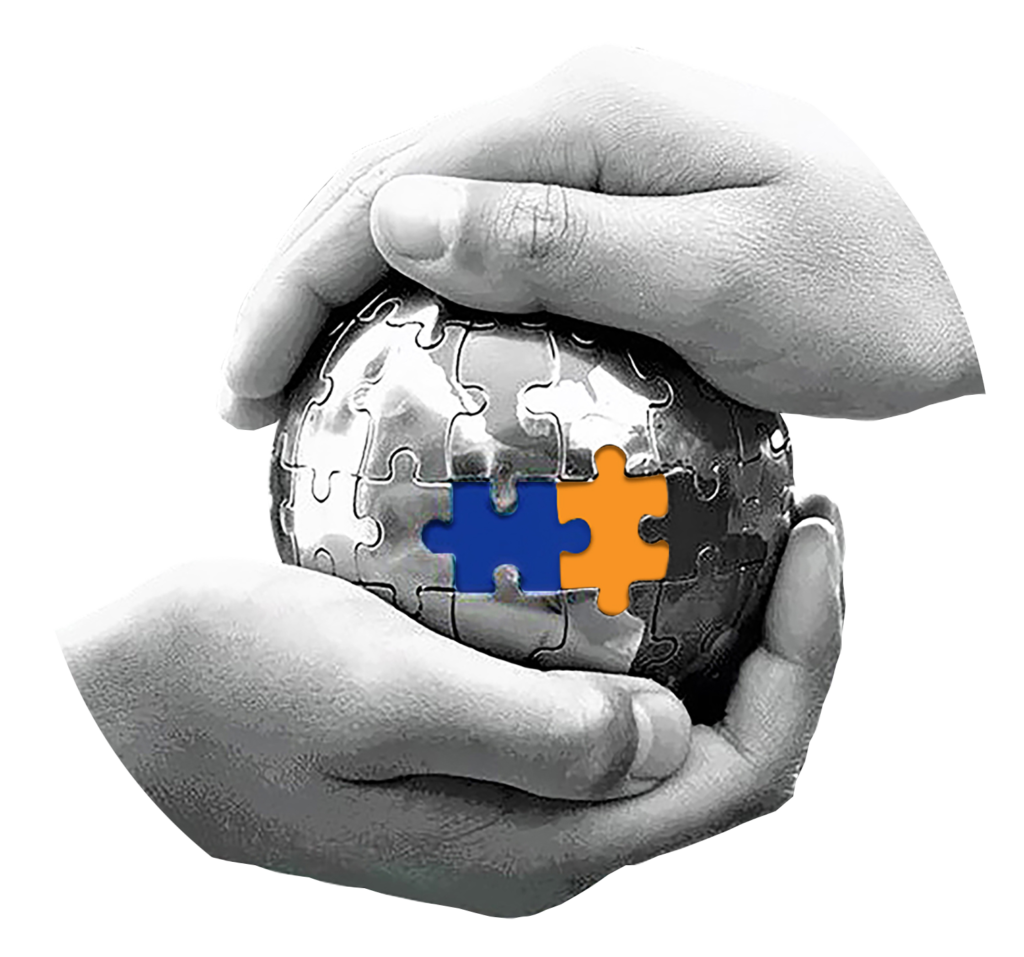
In this article, the authors reflect on the VT experience of lawyers and mental health professionals working with victim-survivors of sexual abuse, harassment, assault and rape. Josh Bornstein is Principal lawyer in Industrial Relations and Employment Law at Maurice Blackburn, practicing in this field for over 20 years. Naomi Halpern is director of Delphi Training and Consulting. She has over 30 years’ experience working with victim-survivors of trauma and abuse.

Have you seen Barbie yet? If not, why not? Seriously, why not? No matter your gender identity, sexual orientation, age, ethnicity or relationship status, Barbie speaks to us all.
If you have seen it, like me you may think it was phenomenal. If it felt a little confronting, Barbie did its job. If it made you angry, Barbie did its job, If it made you think about or rethink your experiences, Barbie did its job. If it made you laugh out loud, often, Barbie did its job. If you marvelled at how the story was told and the production, Barbie did its job.
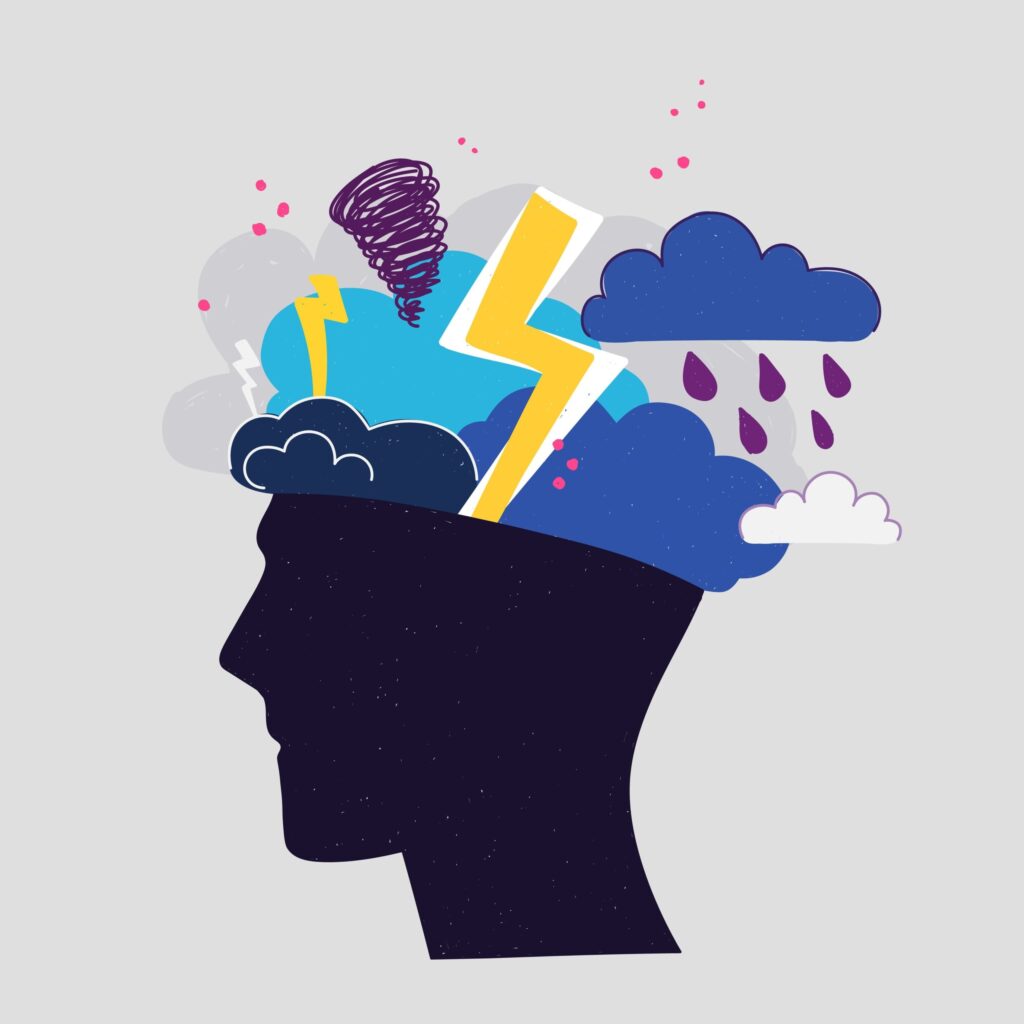
Moral injury is an invisible wounding of profound intrapsychic harm. It is imperative at-risk professions, and as a society we lift the veil of betrayal blindness, see these invisible wounds, assist those who are suffering and take measures to address the systemic failures that inflict and perpetuate MI.

Moral injury is not a weakness. Concern for the wellbeing and safety of others is central to human relationships. For all democracy’s failings, moral principles, ethics, values, rule of law and empathy for others are the foundations upon which civil society is built. Viktor Frankl said, “Everything can be taken from a man but one thing: the last of the human freedoms – to choose one’s attitude in any given circumstances, to choose one’s own way”. Moral injury is therefore, a consequence of humanness.











